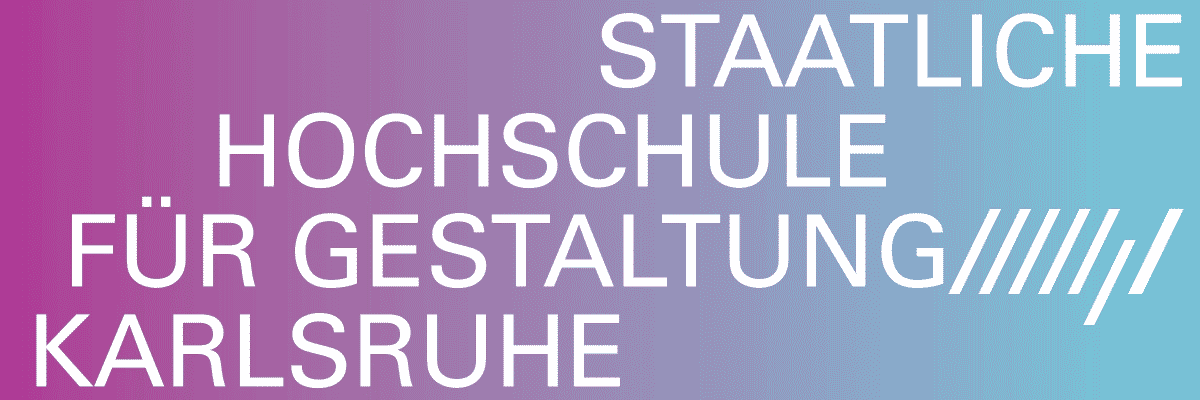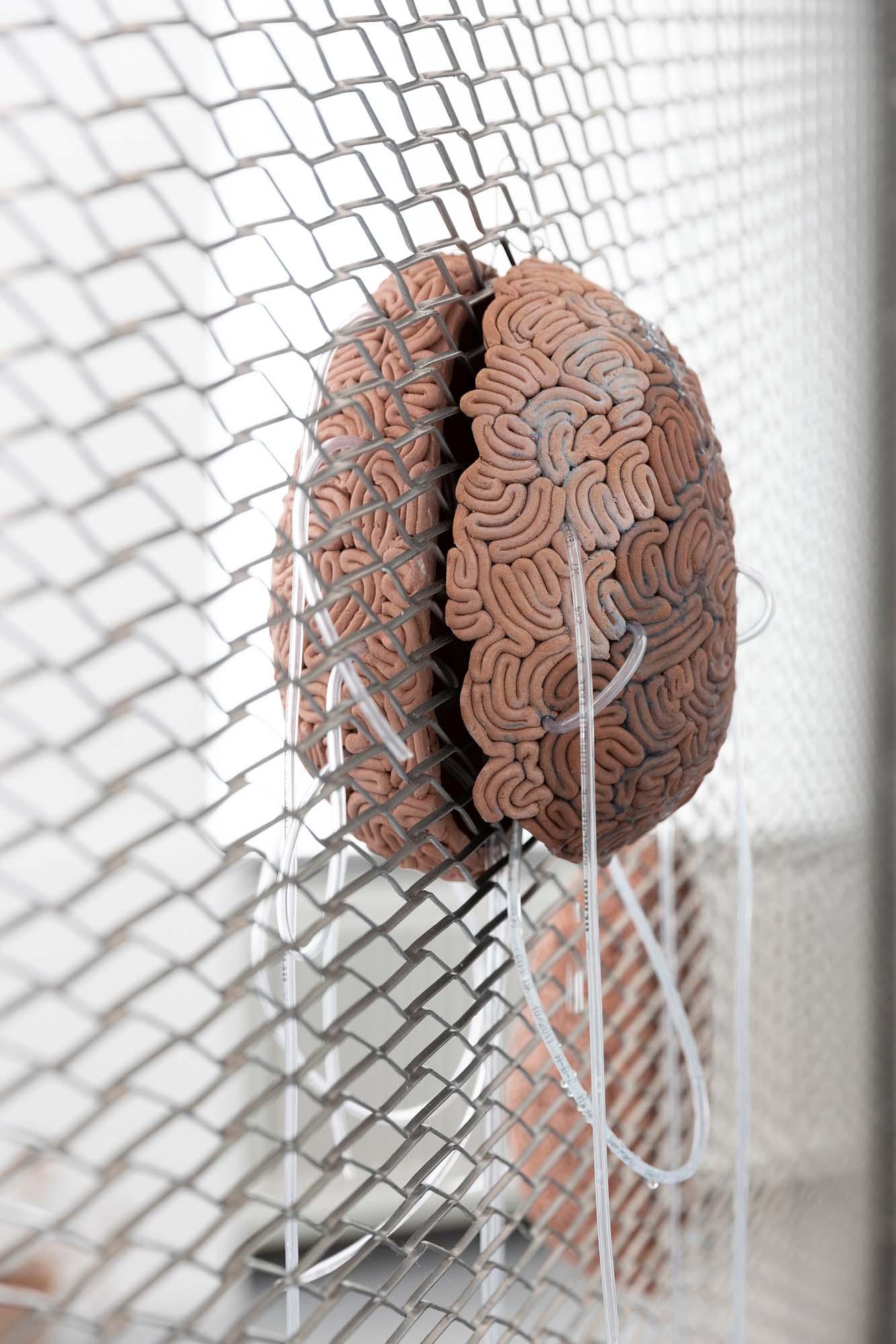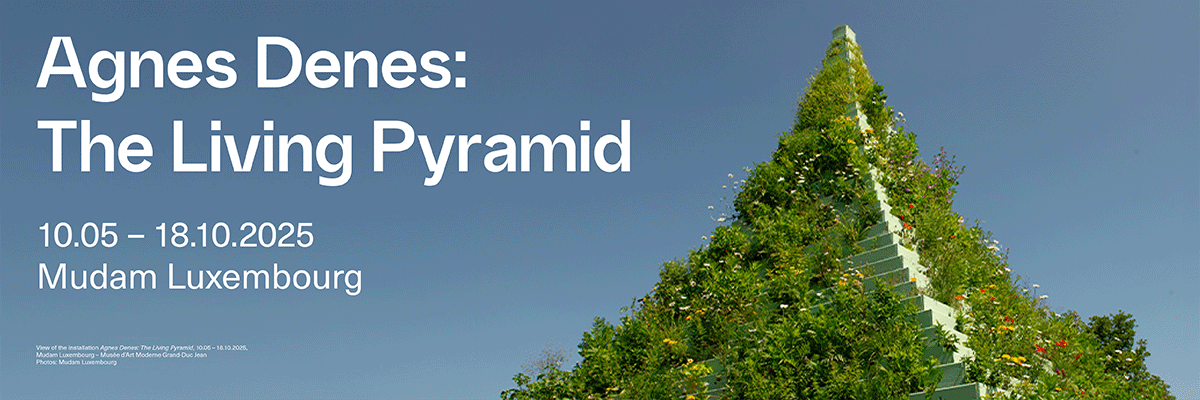
(Groupshow) Claudia Martínez Garay, Hanna-Maria Hammari, Nona Inescu, Özgür Kar, José Montealegre, Dennis Siering
Cassandra Complex
Project Info
- 💙 basis Frankfurt
- 💚 Adriana Blidaru
- 🖤 (Groupshow) Claudia Martínez Garay, Hanna-Maria Hammari, Nona Inescu, Özgür Kar, José Montealegre, Dennis Siering
- 💜 Adriana Blidaru
- 💛 Nathalie Zimmermann
Share on

Installation view Cassandra Complex, photo: Nathalie Zimmermann, © basis e.V.
Advertisement

Claudia Martínez Garay, Qanchis Pacha and Isqun Pacha, 2021, installation view basis e.V., Courtesy of GRIMM, Amsterdam | New York, photo: Nathalie Zimmermann, © basis e.V.

Hanna-Maria Hammari, Untitled (Screen), 2022, installation view basis e.V., Courtesy the artist, photo: Nathalie Zimmermann, © basis e.V.

Hanna-Maria Hammari, Untitled (Screen) (detail), 2022, installation view basis e.V., Courtesy the artist, photo: Nathalie Zimmermann, © basis e.V.

José Montealegre, Las Páginas, 2021, installation view basis e.V., Courtesy the artist and MOUNTAINS, Berlin, photo: Nathalie Zimmermann, © basis e.V.

José Montealegre, Las Páginas (detail), 2021, installation view basis e.V., Courtesy the artist and MOUNTAINS, Berlin, photo: Nathalie Zimmermann, © basis e.V.

José Montealegre, Las Páginas (detail), 2021, installation view basis e.V., Courtesy the artist and MOUNTAINS, Berlin, photo: Nathalie Zimmermann, © basis e.V.

Hanna-Maria Hammari, Untitled, 2022, installation view basis e.V., Courtesy the artist, photo: Nathalie Zimmermann, © basis e.V.

Nona Inescu, Venus Trap (Dionaea muscipula), 2021, installation view basis e.V., Courtesy SpazioA, Pistoia, photo: Nathalie Zimmermann, © basis e.V.

Claudia Martínez Garay, ÑUQA KAUSAKUSAQ QHEPAYKITAPAS / I WILL OUTLIVE YOU, 2017, installation view basis e.V., Courtesy of GRIMM, Amsterdam | New York, photo: Nathalie Zimmermann, © basis e.V.

Claudia Martínez Garay, Hombre que vas a la Luna sin conocer bien la Tierra, 2021, installation view basis e.V., Courtesy of GRIMM, Amsterdam | New York, photo: Nathalie Zimmermann, © basis e.V.

Nona Inescu, Sphagnum (This Compost), Drosera capensis and Drosera rotundifolia, 2021, installation view basis e.V., Courtesy SpazioA, Pistoia, photo: Nathalie Zimmermann, © basis e.V.

Dennis Siering, Speculative Landscapes: Prototypes for a Second Nature, 2022, installation view basis e.V., Courtesy the artist, photo: Nathalie Zimmermann, © basis e.V.

Dennis Siering, Speculative Landscapes: Prototypes for a Second Nature (detail), 2022, installation view basis e.V., Courtesy the artist, photo: Nathalie Zimmermann, © basis e.V.

Özgür Kar, Good Night, 2021, installation view basis e.V., Courtesy the artist, photo: Nathalie Zimmermann, © basis e.V.
If the climate crisis is humanity’s deadly disease, alienation is one of its many
symptoms. The exhibition "Cassandra Complex" shows how the feeling of human
alienation is deeply interconnected with the climate crisis that we are
experiencing. This theme overarches the exhibition through interdisciplinary
artworks presented by six international artists. The artists depict different
ways of highlighting or dealing with feelings of estrangement and anxiety.
Their valuable contributions support Cassandra Complex’s thesis that alienation
is a universal human vulnerability that has the potential to become a rich
terrain for transformative narratives. Throughout history, the concept of alienation
became particularly well-known through Marxist theory. In Marxism,
alienation is described as a feeling of estrangement derived from the division
of class and labor. This feeling reinforces the increasingly mechanistic role
that individuals have had in society since the rise of Industrialism. Later on,
Theodor W. Adorno, one of the foundational thinkers of the Frankfurt School,
proposed that the cause of alienation—although an intrinsic characteristic of
human nature—was propelled by the Enlightenment period. As we know now,
Enlightenment and colonization have been two deeply interconnected processes
that followed a logic of complete domination of nature by humans.
The violent and murderous process of colonization—which still unfolds today—
forced out peoples, rituals, Indigenous technologies, and mythology, in
favor of western technology, rationality, and Christianity. Underestimating
what it did not understand, the entire structure of Western power and wealth
has been built upon this. If we fast-forward to the present, with the development
of the comforts brought by global capitalism and that of technology,
humanity’s alienation from nature deepened so greatly that it has become a
self-destructive force.
Through a bird’s eye view, "Cassandra Complex" offers a subversive allegory
for this collective alienation. Throughout the exhibition, the artworks depict
through different strategies and mediums, how alienation is embodied and, in
some cases, how it came to be. Thus, the works of the six artists could be
seen as arguments in a larger thesis. José Montealegre and Claudia Martínez
Garay highlight through their interdisciplinary practices a type of alienation
resulting from the greed for economic dominance and ex- ploitation by European
Colonial expansion in the Americas and, respectively, the enormous
and ongoing influence that Indigenous knowledge has had on Europe. Nona
Inescu and Hanna-Maria Hammari depict an alienation from nature by tapping
into a post-anthropocentric uncanny, where organic and inorganic
forms intertwine, offering potential solutions to break the patterns of dualistic
thinking. Investigating the existential fear of death, Özgür Kar taps into a
deep-rooted alienation that rises from humanity’s inability to accept death
and decay as part of life, a condition heightened by the development of technology.
Through his sculptural installation, Dennis Siering, depicts an alienation
resulting from the toxicity of extractive industries and the insatiable desire
to dominate and control resources.
Together, the works in the exhibition highlight the idea that social and environmental
struggles are deeply interrelated throughout the complexity of
history. "Cassandra Complex" finds common ground in this alienation to consider
where our inability to act derives from, and to propose that critical
thinking, radical empathy, communal reflection and action, present new ways
of facing and dealing with the climate crisis.
The exhibition is curated by Adriana Blidaru, guest curator of the
AIR_Frankfurt curator-in-residence programme of 2022.
Adriana Blidaru



